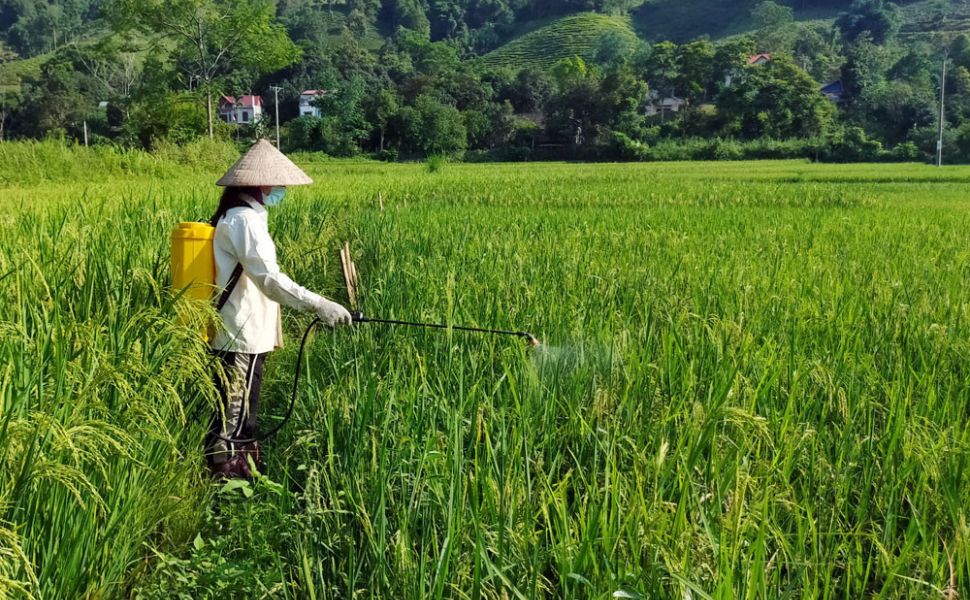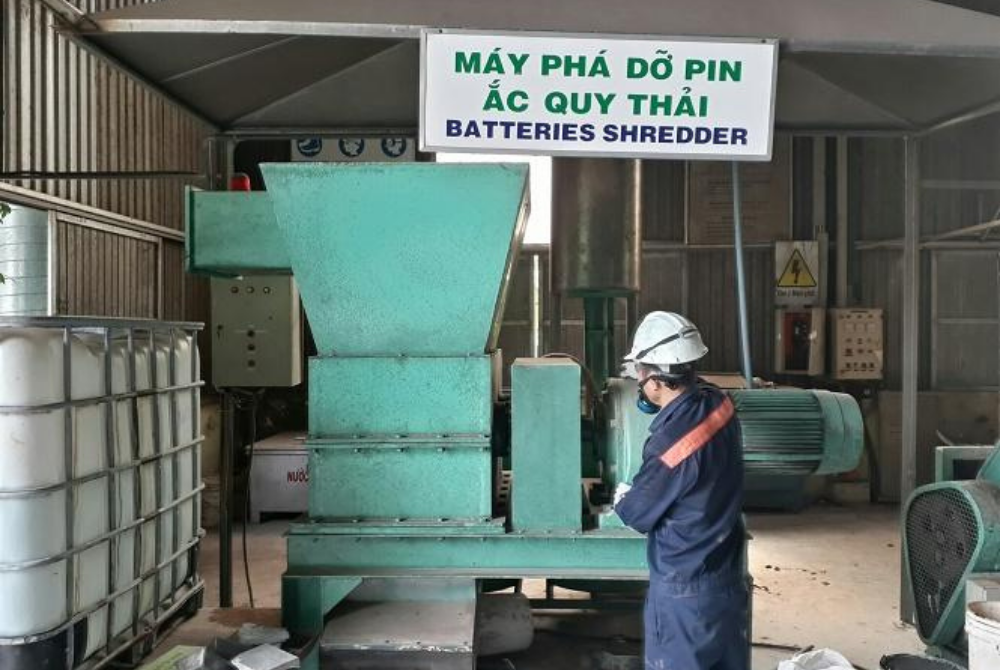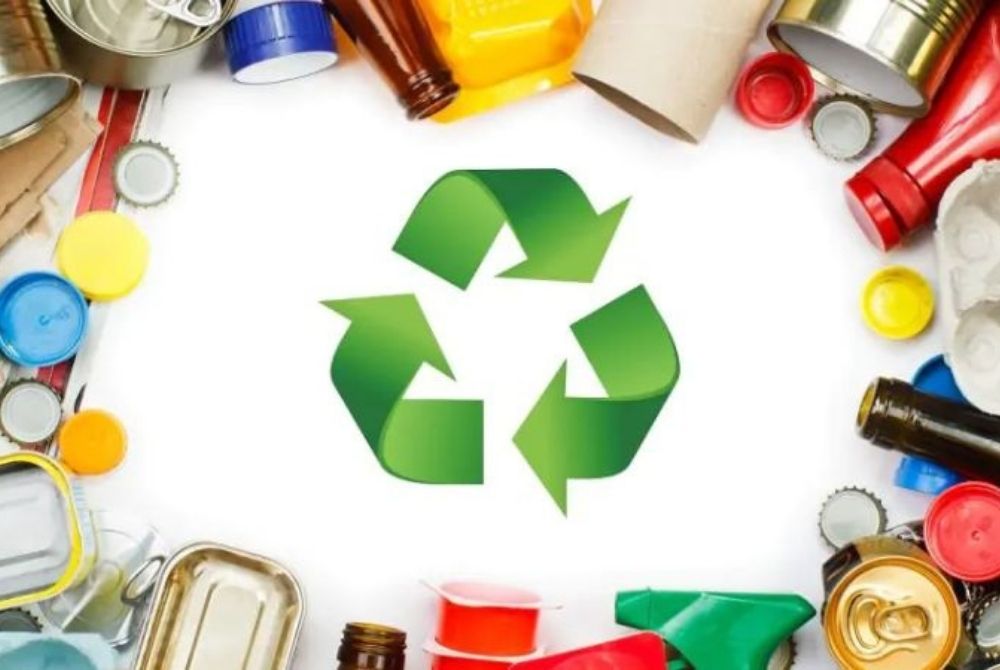The requirement for safe and responsible usage of pesticides.
Pesticides are necessary tools in agriculture. However, pesticide misuse can have severe effects on human health, the environment, and the quality of agricultural goods.
To use pesticides safely and effectively, authorities must increase instruction for farmers on technical principles.
The list of pesticides permitted for use in Vietnam now comprises 4,021 trade names, with 3,287 (81.74%) being chemical pesticides and biological pesticides. There are 734 trade names (which account for 18.26%).
Pesticides primarily control and eliminate hazardous pests and illnesses, hence increasing production and output while preserving agricultural goods. With this sort of agricultural input, more than half of world food production will be recovered due to pests, illnesses, and weeds, resulting in enormous economic loss and severe repercussions on farmers' lives and earnings. Pesticides play an undeniable influence.

Illustration
However, abuse of pesticides can have serious consequences. In many areas today, farmers continue to use pesticides in ways that do not adhere to the "4 RIGHTS" concept. Most of them concentrate on the chemical's applications.
Many individuals use pesticides without paying attention to the label instructions, so they cannot identify the time of insect damage at the time of treatment or the chemical dose. Plants frequently grow more than expected. In rare circumstances, multiple types of chemicals are combined without a quarantine period, resulting in medication resistance and pesticide residues that exceed the safety level.
Faced with this situation, the Plant Protection Department has recently attempted to develop a variety of remedies to advise farmers and pesticide dealers on technical pesticide use precautions. The Plant Protection Department has committed to coordinating the implementation of "Guidelines for safe and effective use of pesticides, development of production and use of bio-pesticides" with 10 pesticide firms by November 30, 2021.
More than 142.000 farmers and 14.000 agents were trained explicitly on pesticide safety and effectiveness. Over 1,300 tanks and storage tanks were built, and pesticide packaging was collected and treated after use. Developing models for rice, pepper, coffee, tea, fruit trees, and vegetables across an area of more than 150 thousand hectares. Along with it comes a commitment to increase the size of production and usage of biologicals.
Create the "Program to Develop the Production and Use of Biological Pesticides for the Period 2021-2025," with the objective of raising the number of registered biological pesticides by 30% by 2025, increasing The number of biological insecticides applied by 20%. Dong Thap province recently joined the Department of Food Protection's initiative to advise the safe and effective use of pesticides, which provides farmers with technical assistance while applying pesticides.
The main goal of the program is to support local farmers in accessing and being trained on the principles of safe, effective and responsible use of pesticides, thereby helping to improve awareness and habits. Use pesticides responsibly by farmers, reducing dope abuse. Simultaneously, build safe, high-quality agricultural product production models that meet standards to grant planting area codes.
On that foundation, the program will be implemented with three main components: training in the safe and effective use of pesticides for farmers and local officials, focusing on pesticide principles, techniques for blending pills, spraying and handling pesticides, IPM principles (Integrated Pest Management), instructions for using labour protection equipment when exposed to drugs, and instructions for collecting and processing pesticide packages after use... The model's positive achievements will serve as the foundation for expanding to other communities in the Mekong Delta and throughout the country.
In addition to working with communities to promote the safe, effective, and responsible use of pesticides, the Plant Protection Department must constantly analyse and rigorously monitor pesticide intake. Continue to develop a clear roadmap and collaborate with organisations to eliminate pharmaceuticals that do not fulfil regulatory requirements. Farmers remain the major focus of government agencies, groups, and businesses, making farmer training, coaching, and propaganda essential.
It is critical to develop a customised training program for farmers to use pesticides safely and effectively. The usage of pesticides must be directed toward expanding the use of biological pesticides so that the goods produced fulfil safety and efficacy standards and qualify for export.
Delegate Nguyen Huy Thai (Bac Lieu province) highlighted the problem that the Ministry of Agriculture and Rural Development has advised, which is that farmers should boost their usage of organic fertilisers to substitute inorganic fertilisers as fertiliser costs continue to rise. Responding to delegates at the third session of the 15th National Assembly, Minister of Agriculture and Rural Development Le Minh Hoan stated that fertiliser and chemical pesticide misuse, as well as the usage of chemical pesticides, continue. Pesticides violate the "4 RIGHTS" principle, harming the environment, human health, and agricultural product quality.
The Minister underlined the Mekong Delta's heavy usage of fertilisers and pesticides. To address this issue, the Minister indicated that in the future, it would be essential to develop bio-pesticide testing procedures and implement digital transformation in the management of pesticide usage instructions that are inexpensive, effective, safe, and responsible.
The expansion promotes public-private collaboration in the manufacture and use of organic fertilisers, bio-pesticides, and fertiliser efficiency in order to achieve a green, safe, and value-enhancing agriculture. Simultaneously, reproduce models and stimulate communication, particularly farming methods that cut production costs while maintaining agricultural output and quality.
Source: Tạp chí điện tử Kinh tế nông thôn












